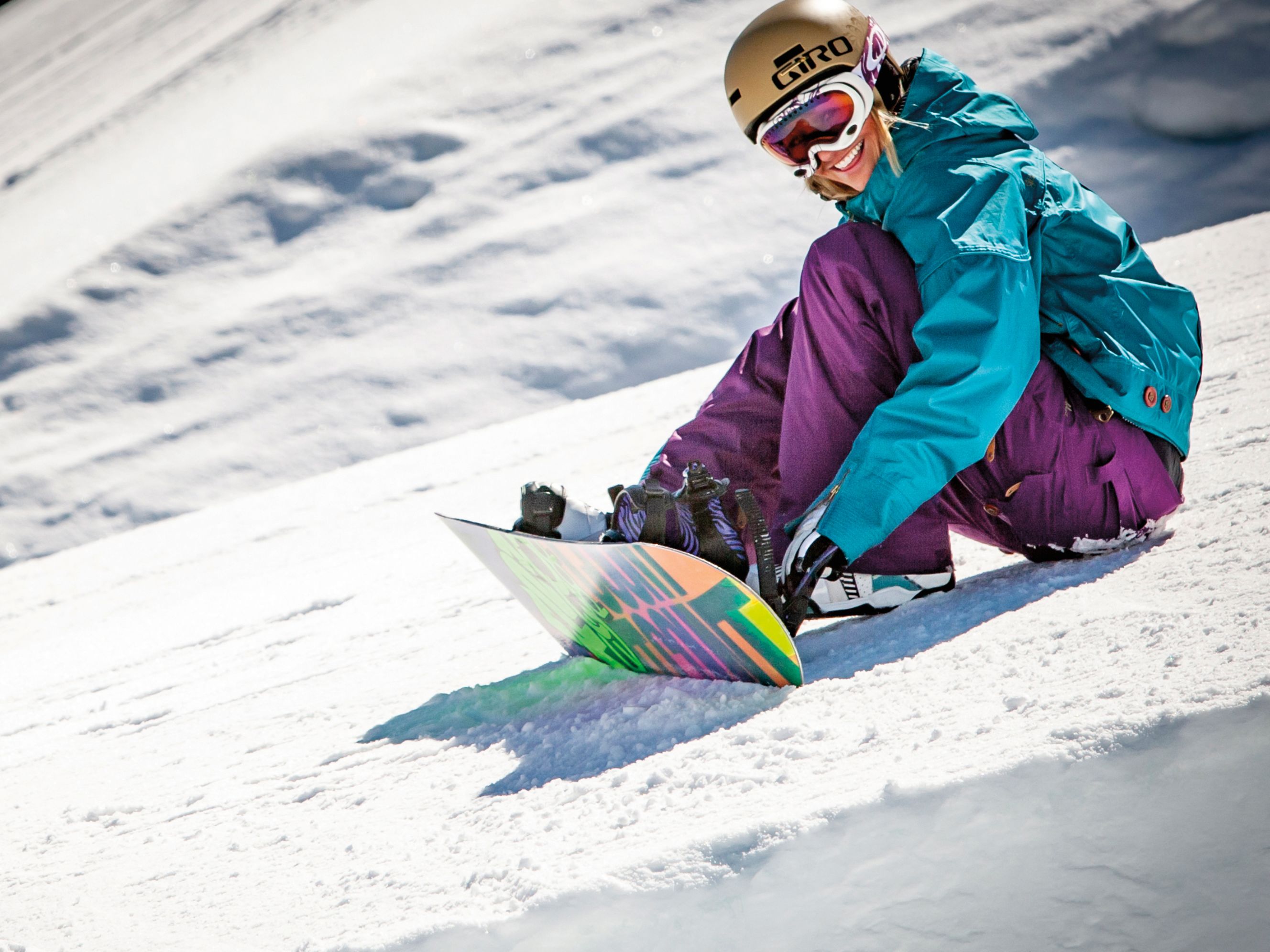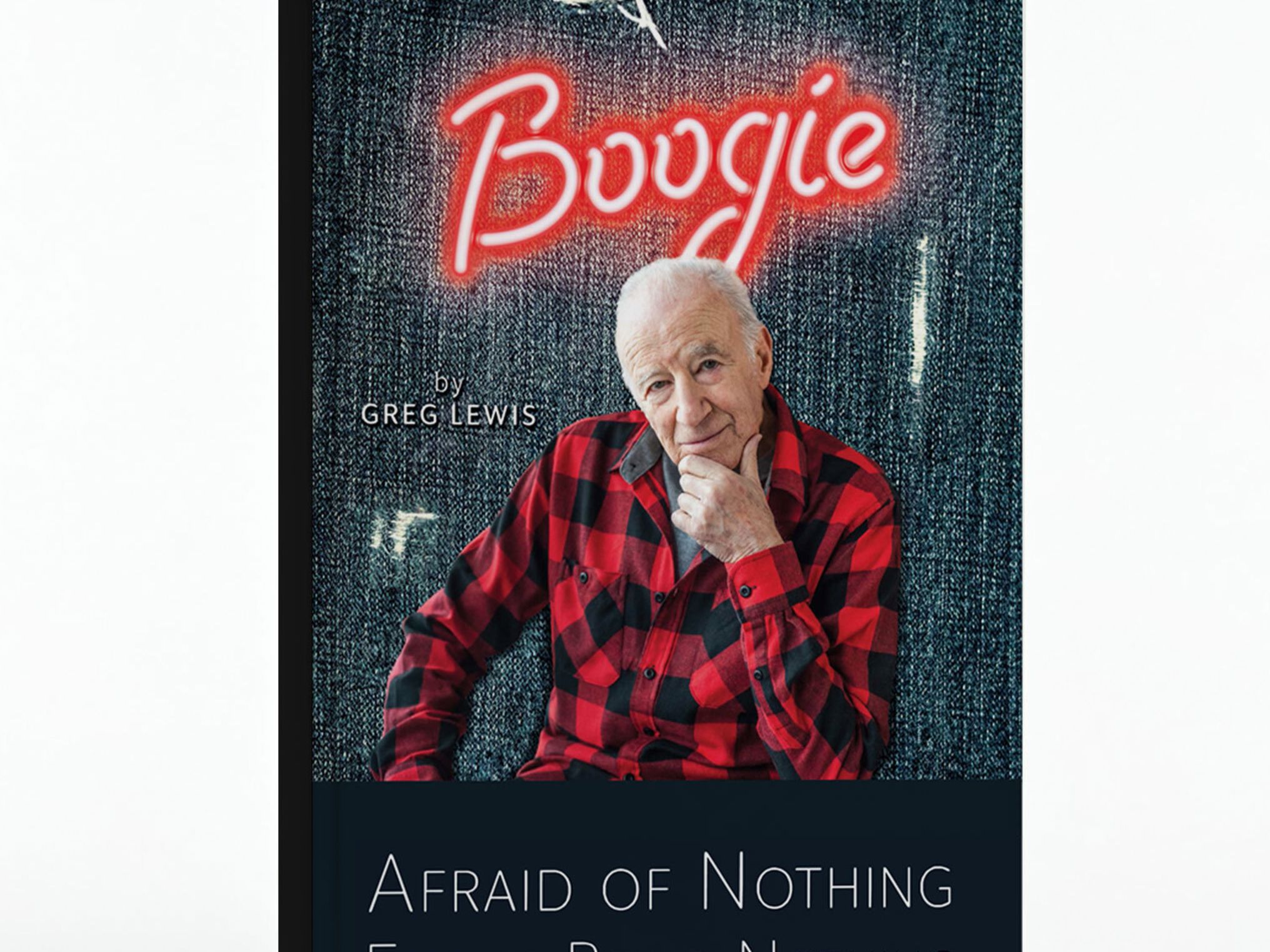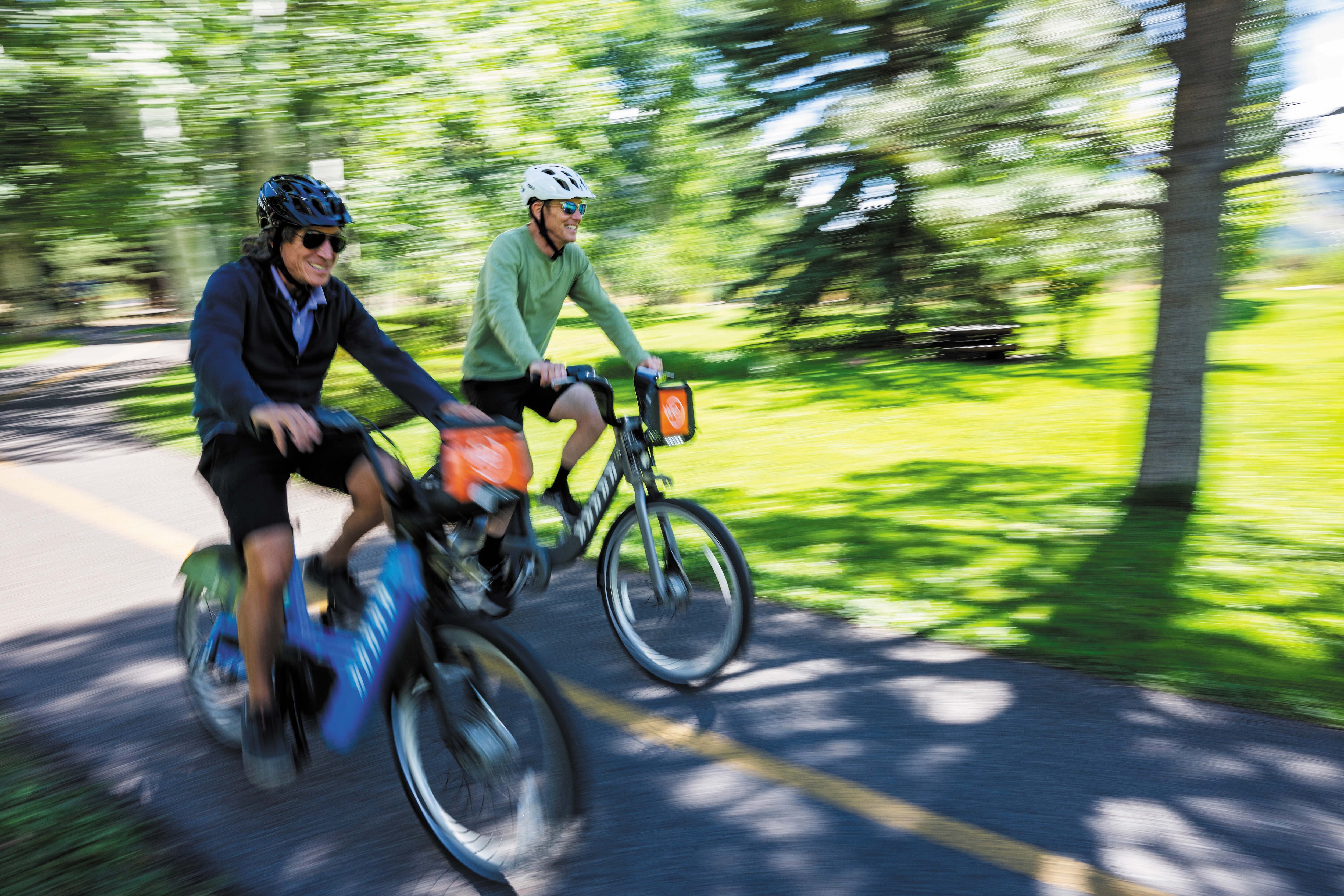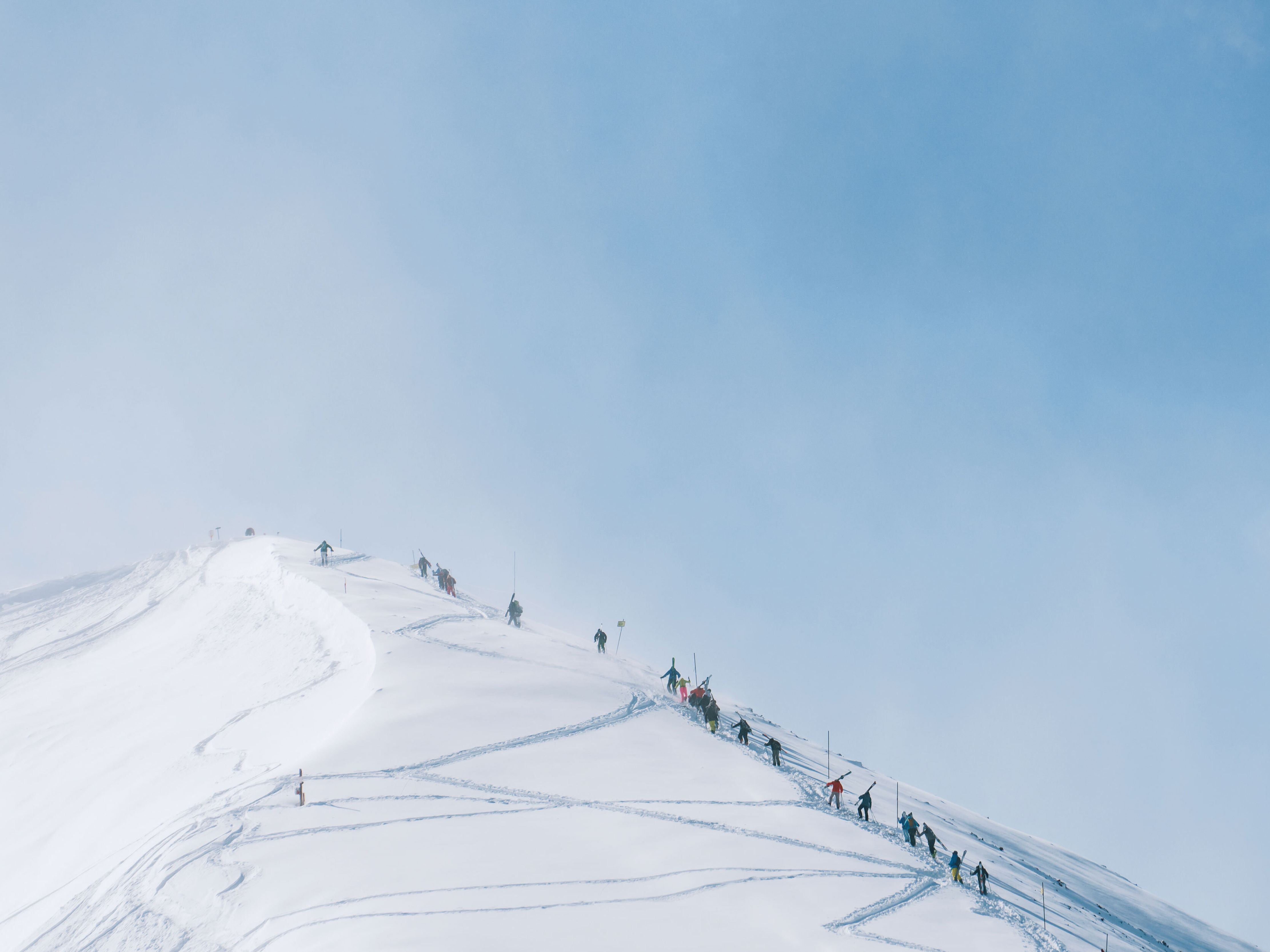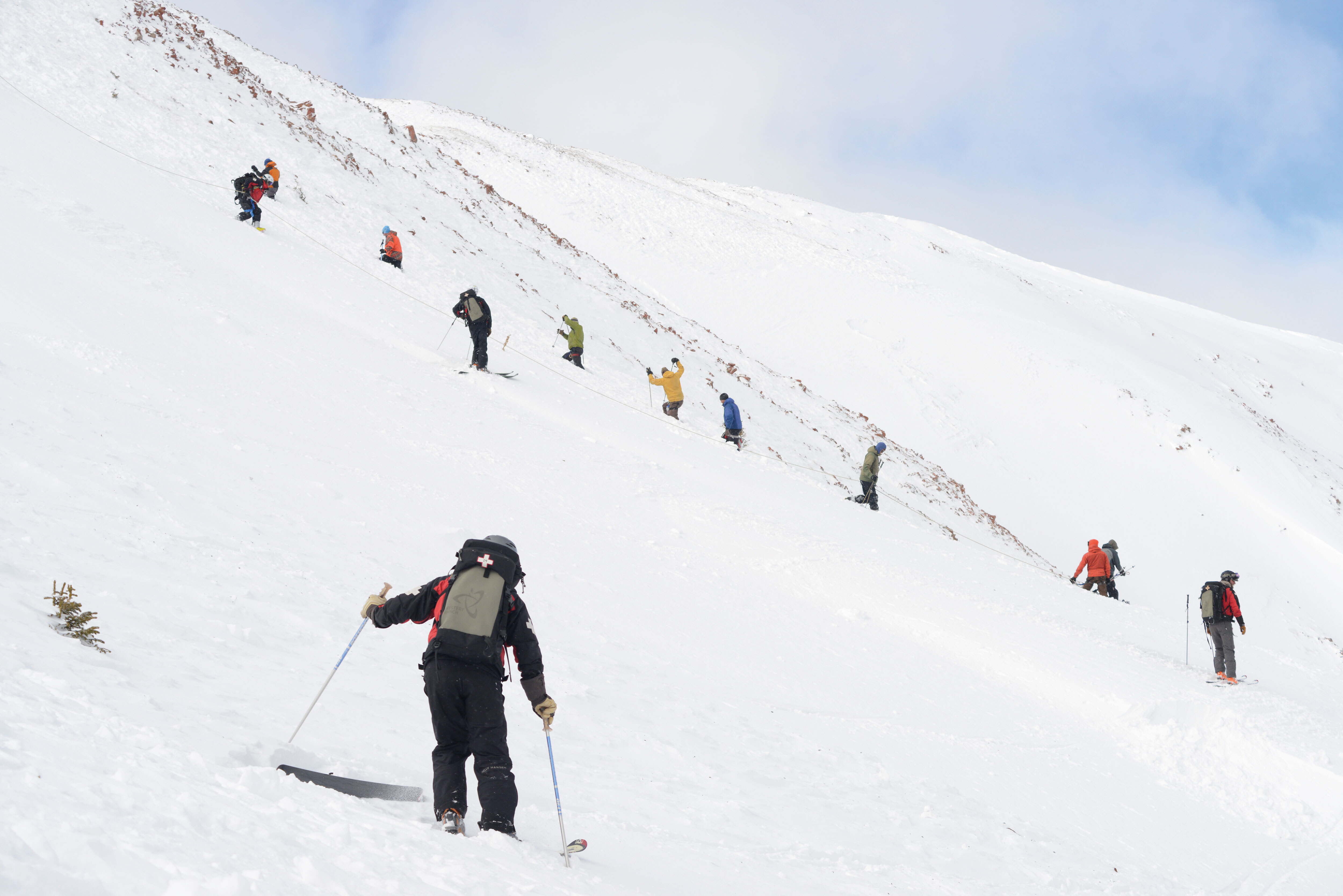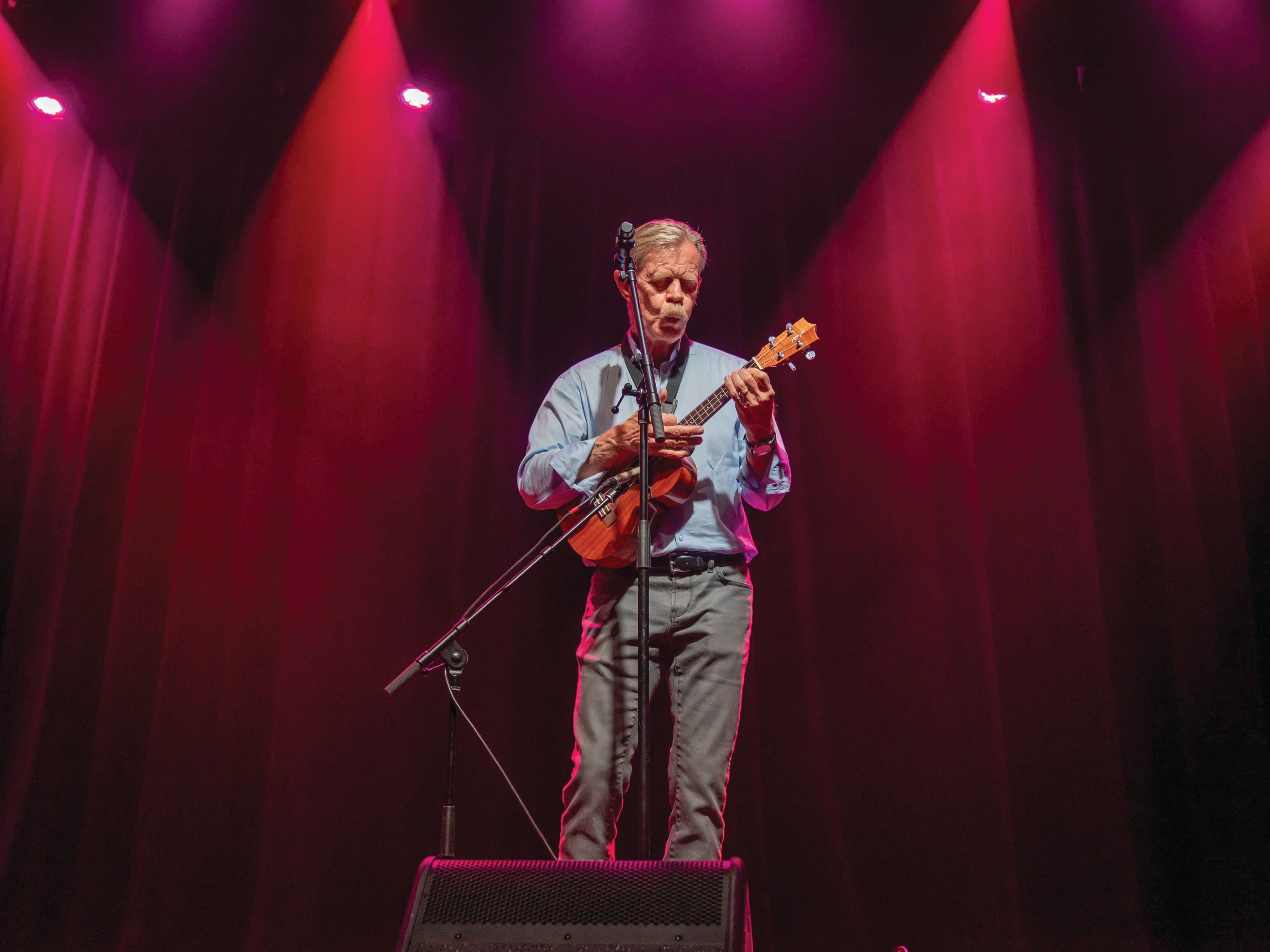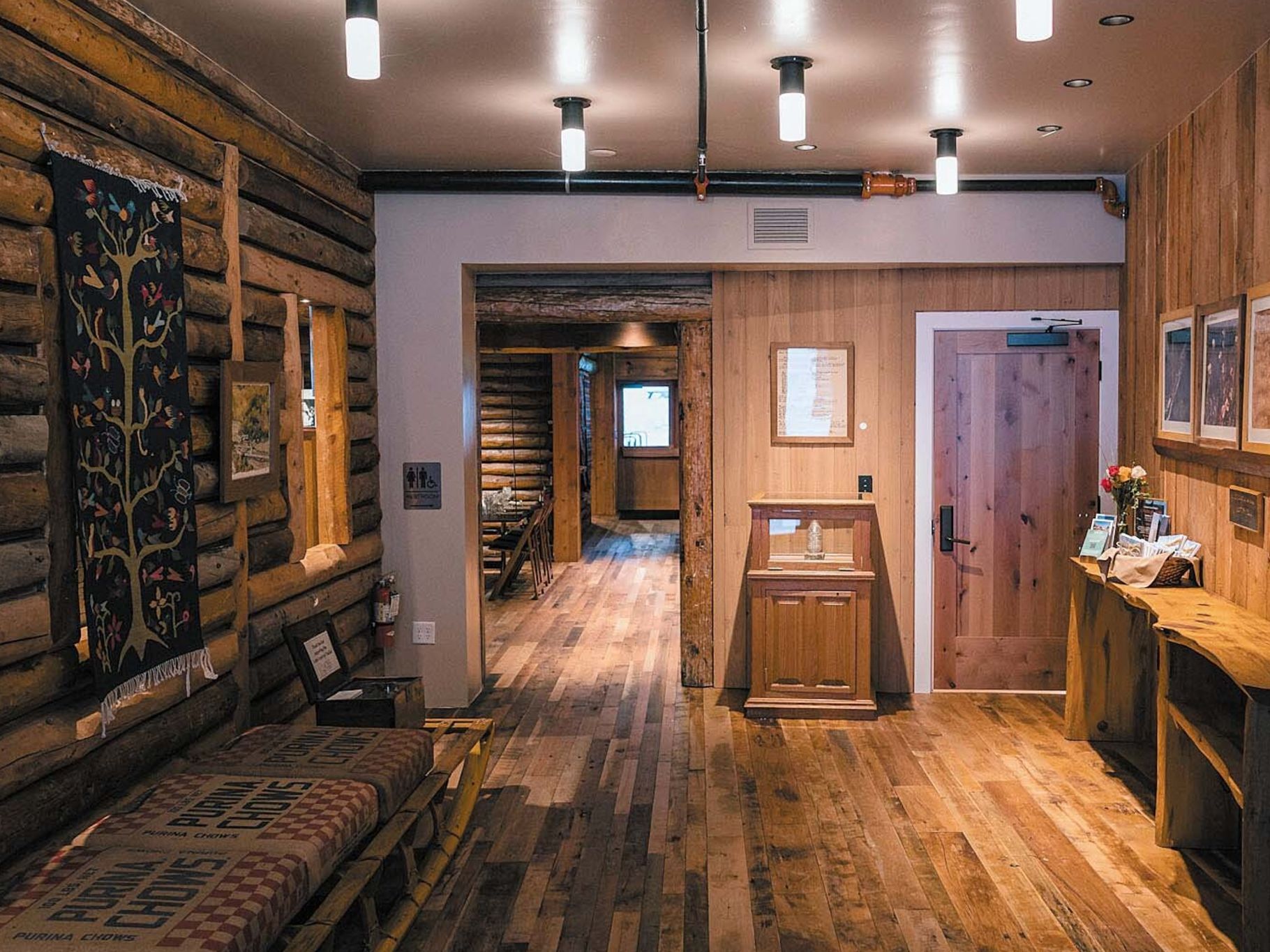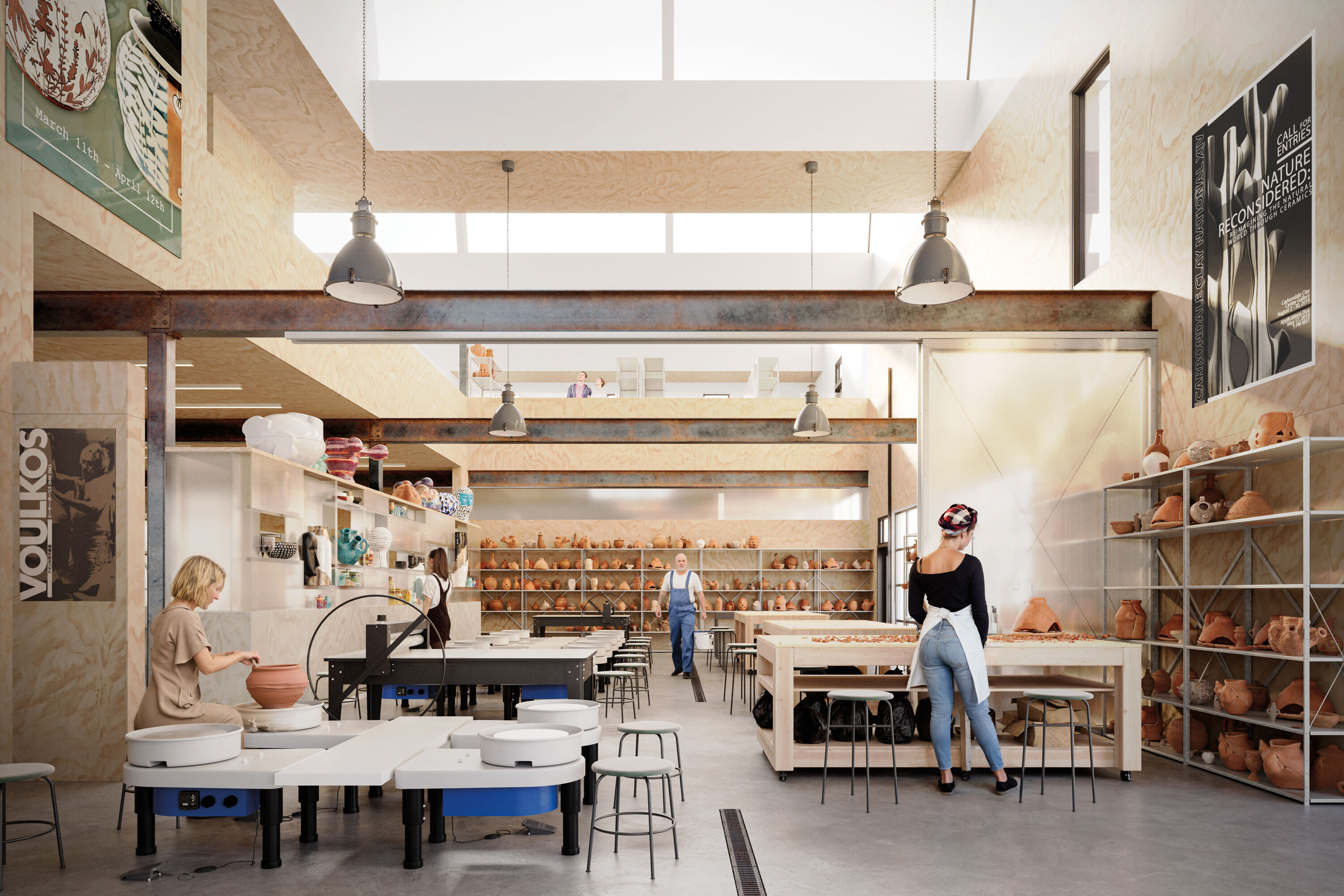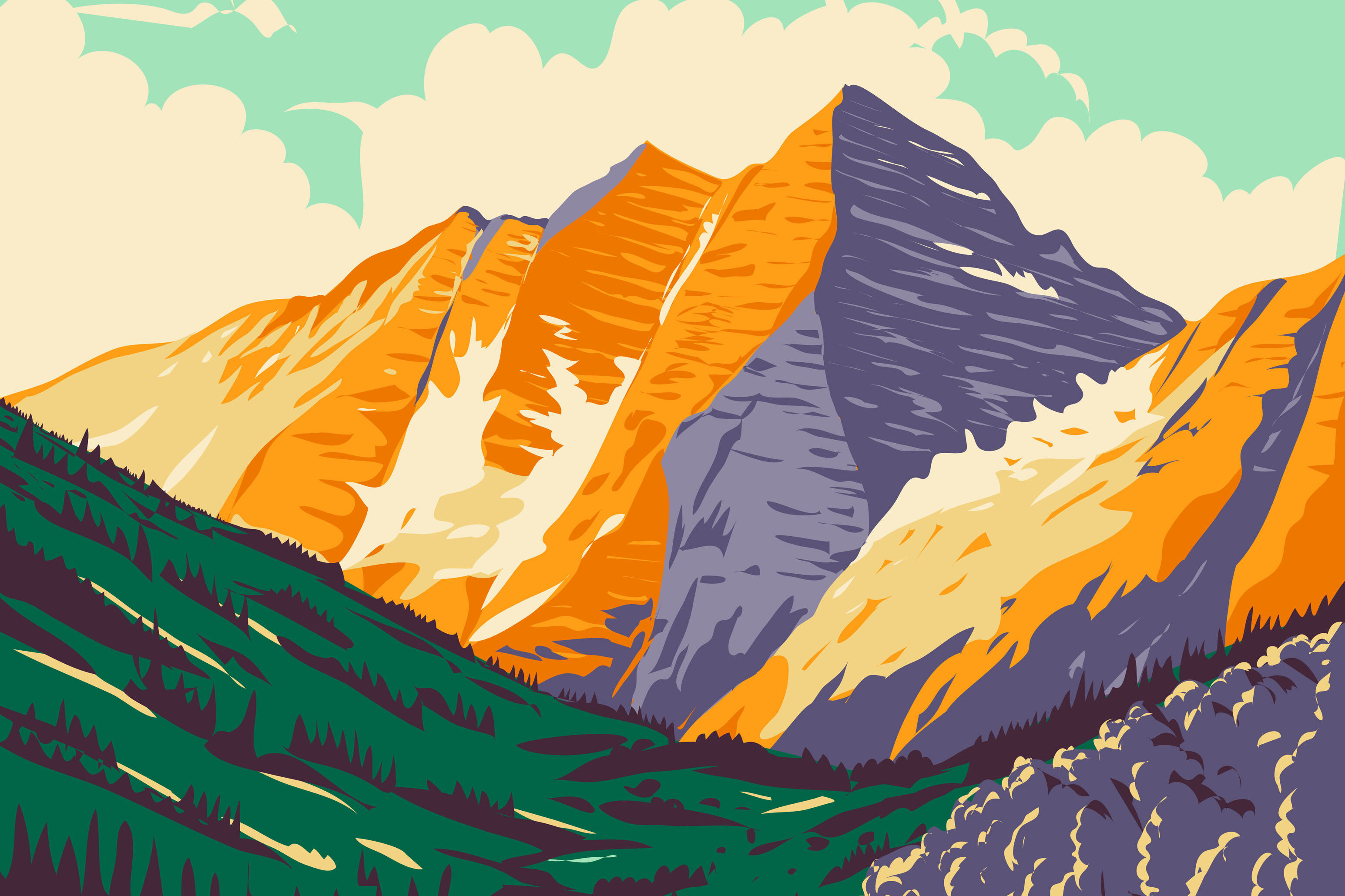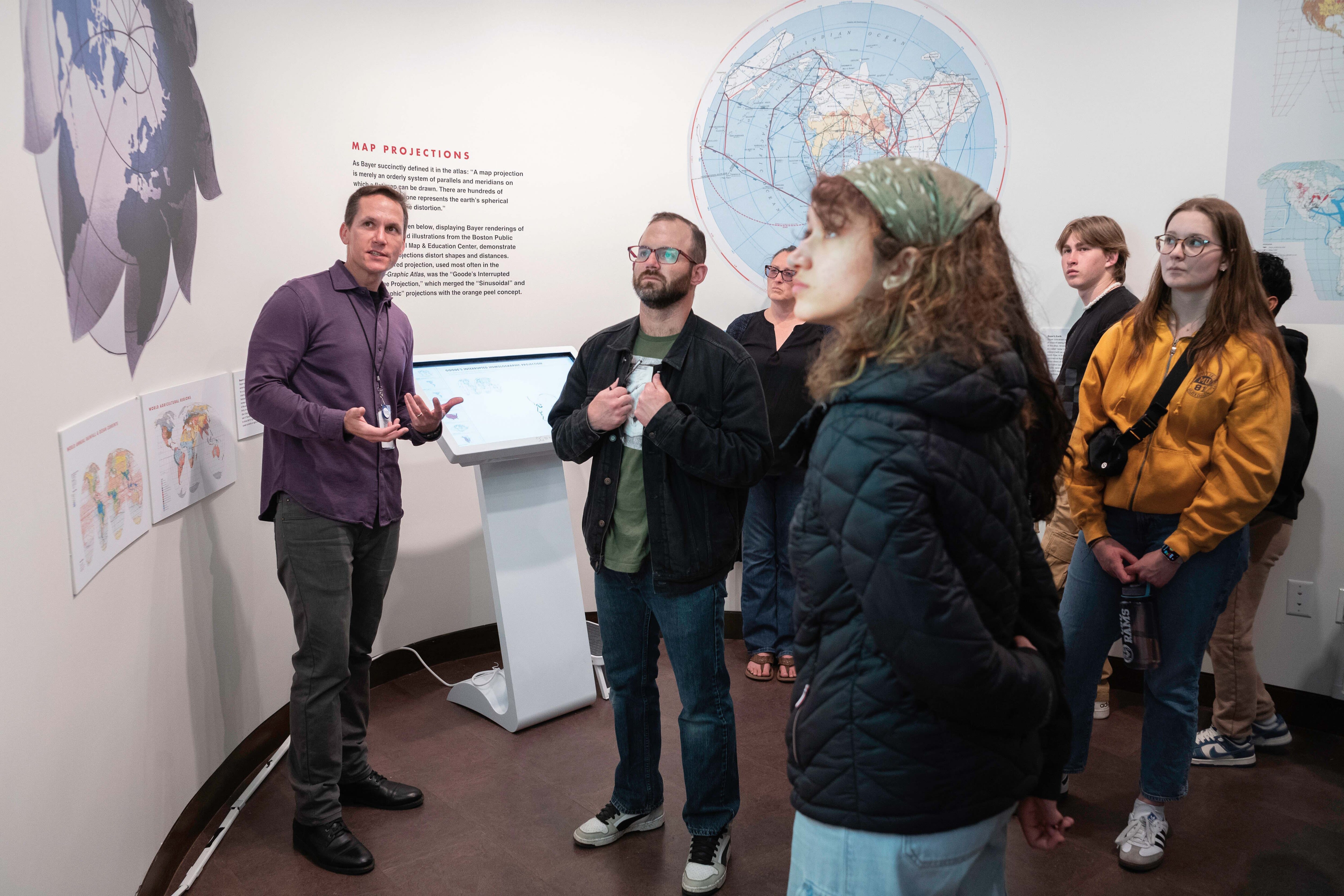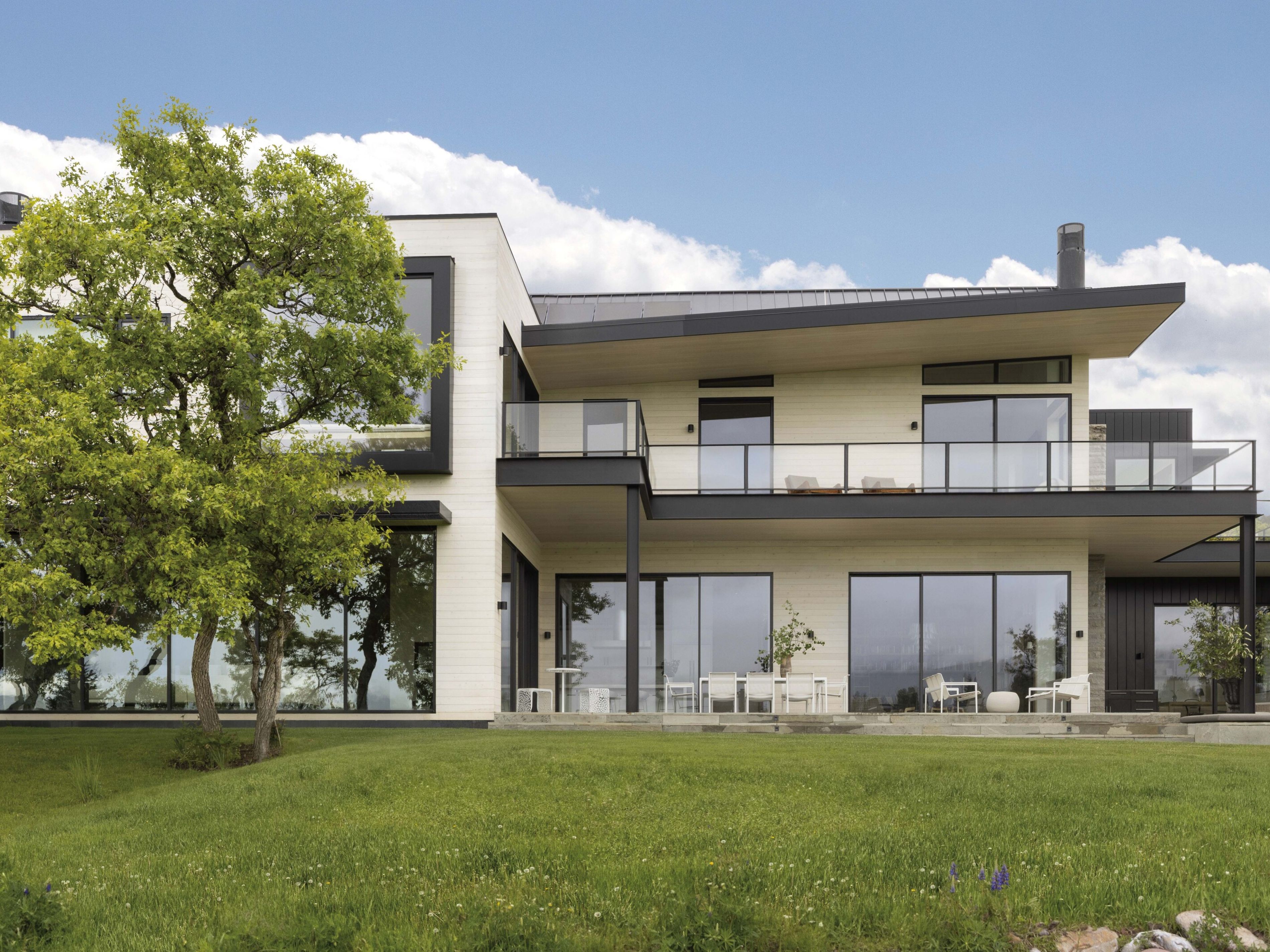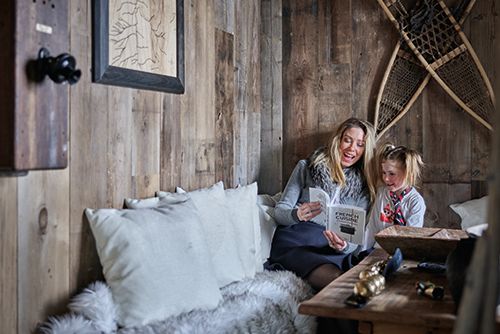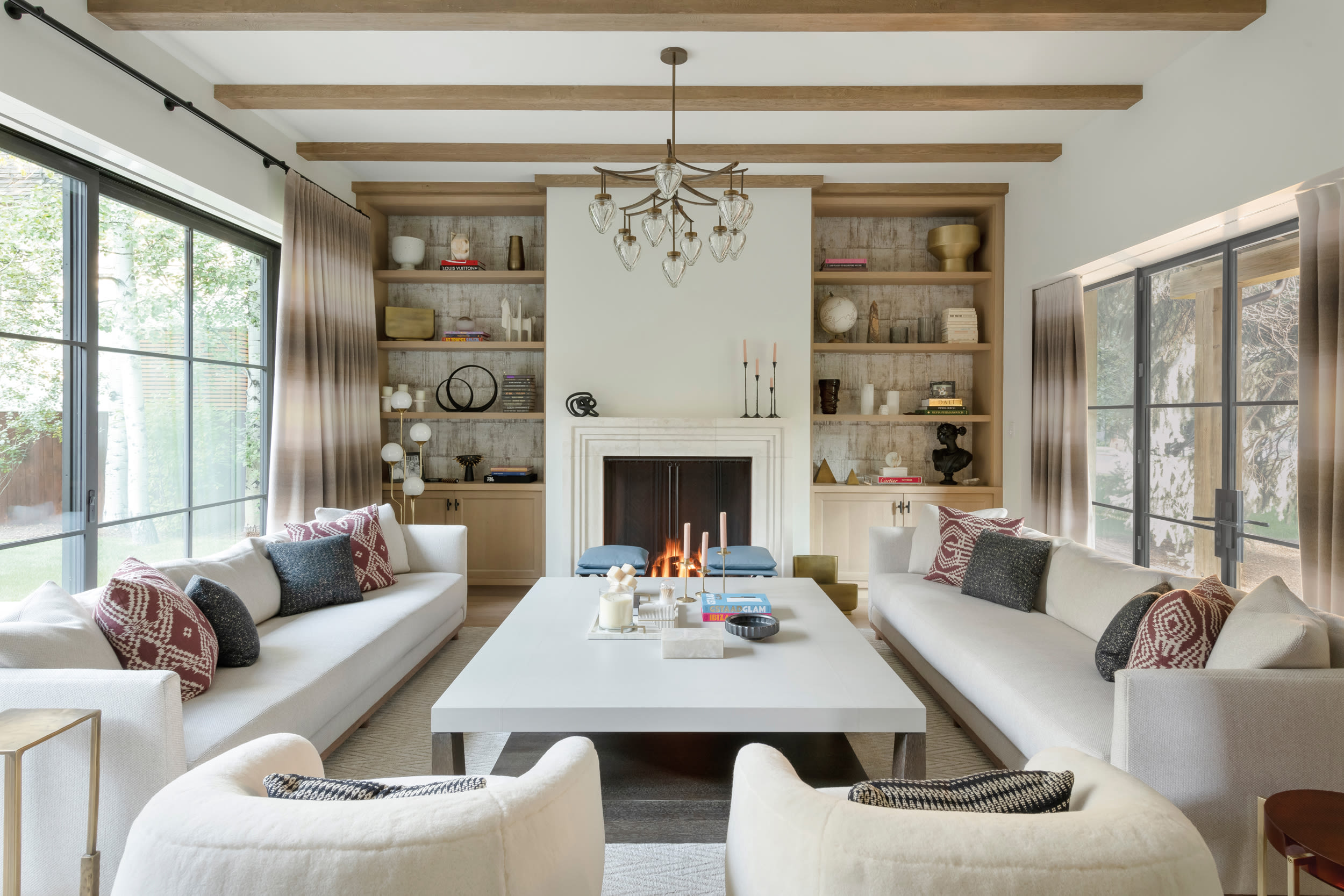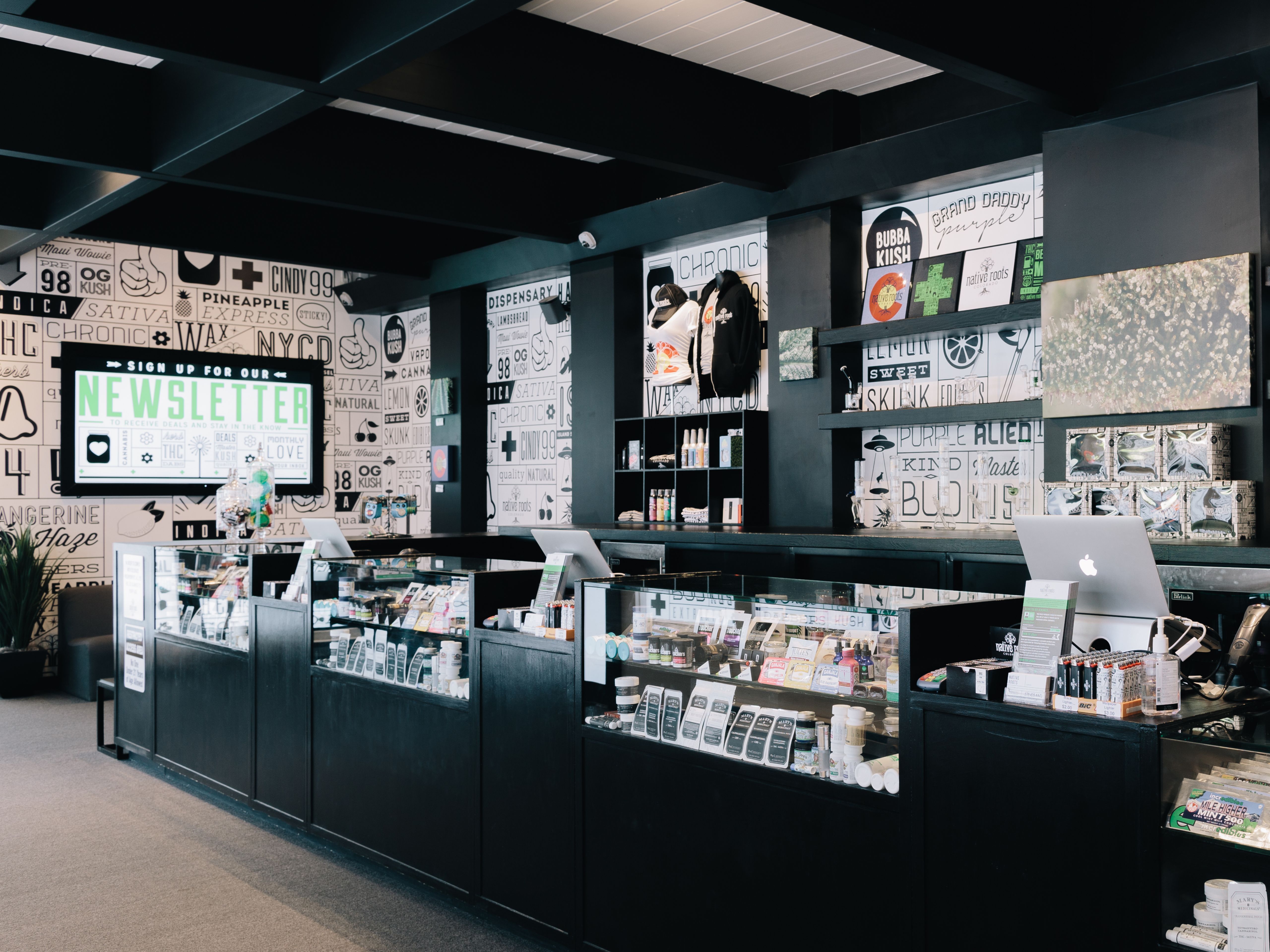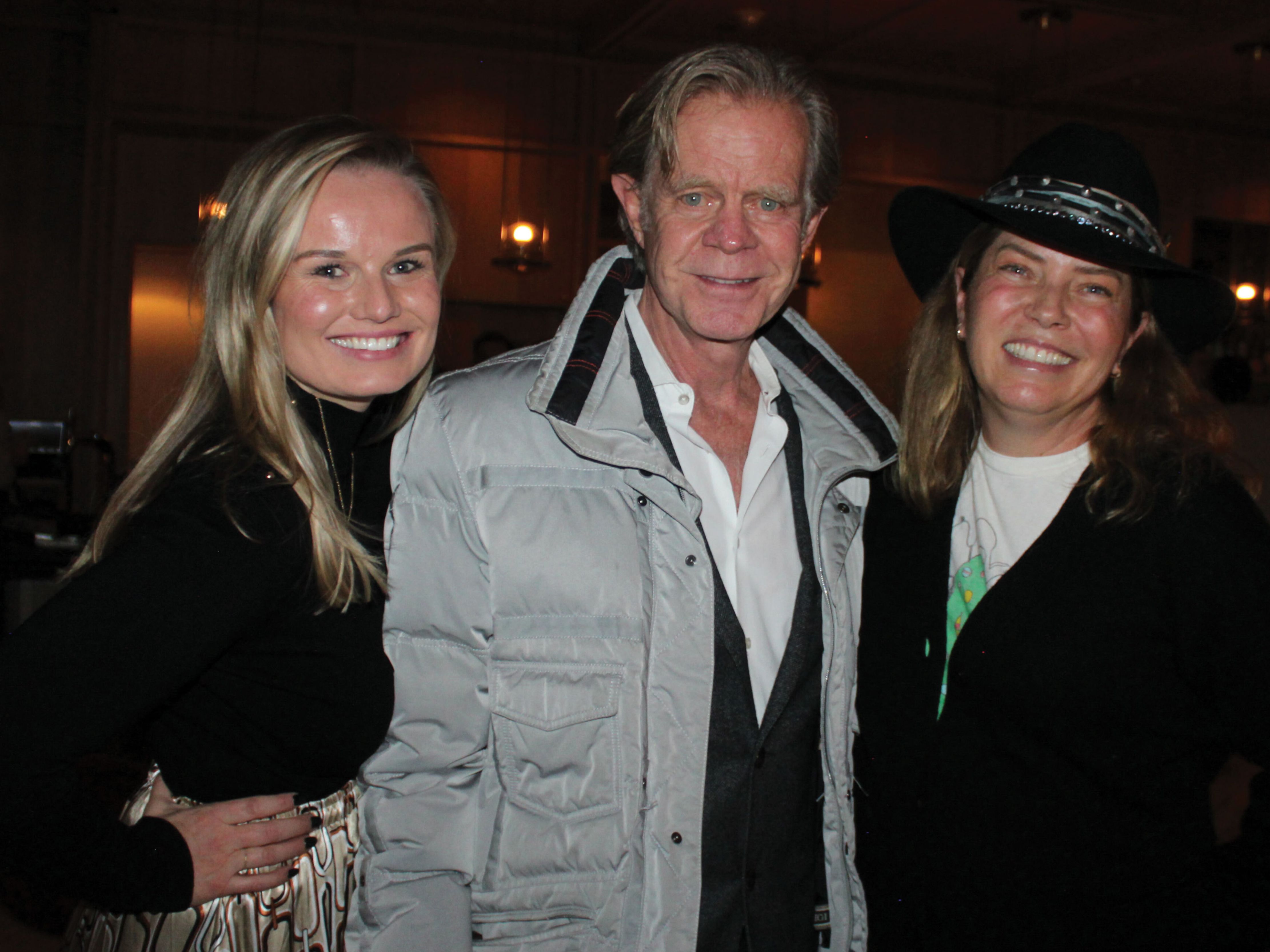A Q&A with Activist Paula Nirschel
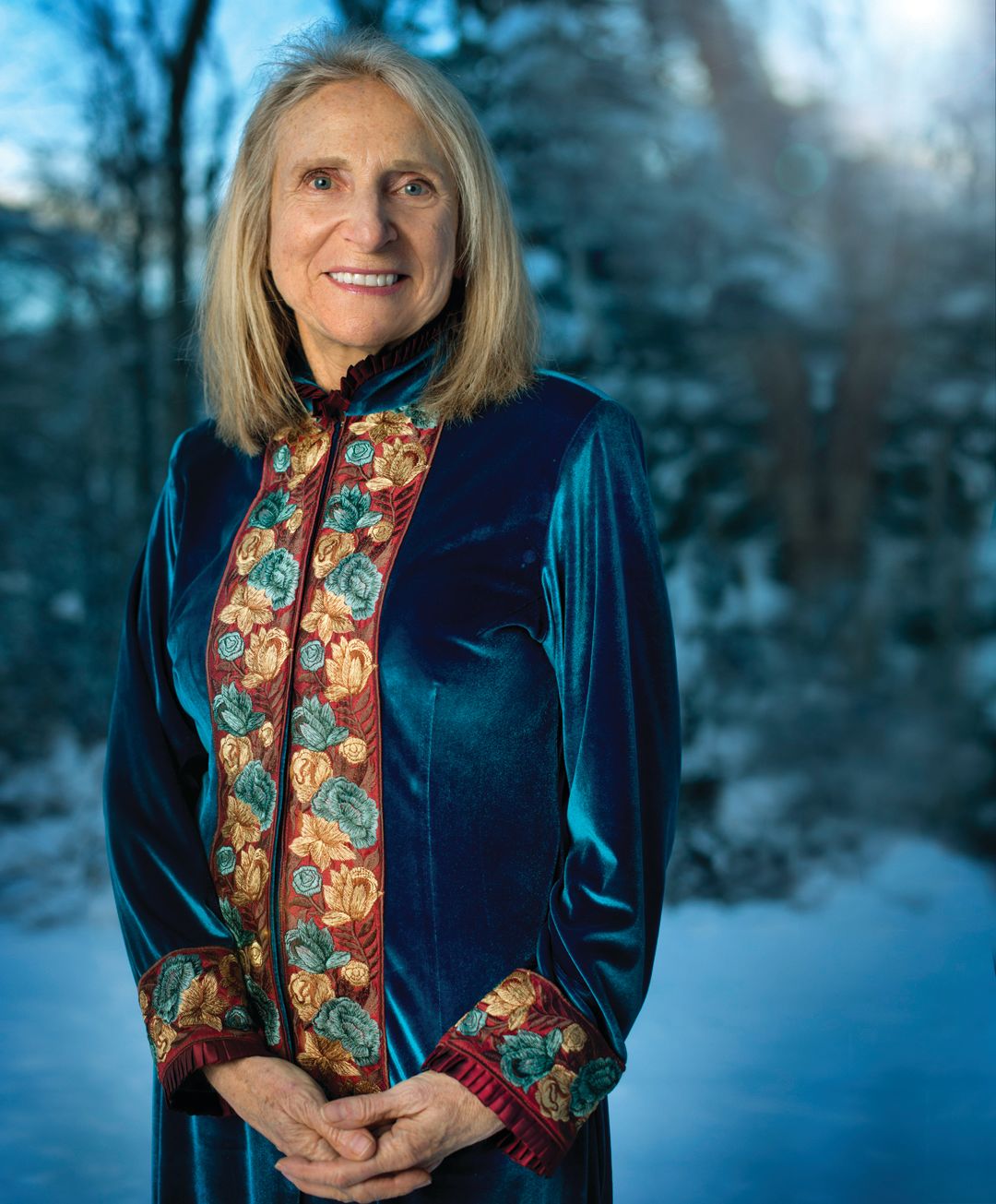
Image: Karl Wolfgang
ASPEN SOJOURNER: You’re at a dinner party, how do you define your work?
Paula Nirschel: For about 15 years, it’s been all about improving the lives of Afghan women.
AS: And you’ve begun two nonprofit organizations toward that goal?
PN: Yes. I founded the Initiative to Educate Afghan Women (IEAW), which I ran for 10 years and then turned over to a wonderful new director. In 2013, I started Action for Afghan Women (AFAW).
AS: What were your ties to Afghanistan?
PN: None! It was post–September 11, and I was in mourning. I was watching a lot of CNN, trying to find answers, and these documentaries on the plight of women in Afghanistan haunted me. Women were denied access to education, arts, and sports. I decided I wanted to build relations between our two countries, and I wanted to change the lives of Afghan women.
AS: It takes a special kind of person to turn ideas into action.
PN: It never even crossed my mind that I couldn’t do it. I didn’t know Afghanistan. I didn’t know where it was. I just immediately operated on ‘all systems go.’ I knew it had to be done. There’s something about a woman on a mission.
AS: You founded IEAW to help Afghan women get a college education. What qualities determine a strong candidate?
PN: Coming from war-torn Afghanistan, the women need a psychological resiliency. I have a master’s in social work, so I was relatively able to determine how much post-trauma they had and whether or not [studying in the United States] would be right for them. They need a dedication to their country. Will they be willing and able to serve as a role model to women when they return home? Of course, they also need a proven proficiency in English.
AS: How many women have gone through the program?
PN: In my 10 years of leading IEAW, I graduated 70 women with undergraduate degrees. And the organization is still going.
AS: And one of those graduates inspired the idea for AFAW?
PN: Yes. One of my former Afghan students wanted to talk to me about medical school. She is from Helmand Province, which together with Kandahar is one of the most dangerous regions in Afghanistan. I learned that among the 500,000 women in Helmand (out of 1 million people), none have access to medical care. There are no female doctors, and women aren’t allowed to see a male doctor. It pushed me over the edge.
AS: How did this lead to AFAW?
PN: Maryam, which is a pseudonym to protect her and her family, was the catalyst. She’s amazing. Since she was a kid, she has been focused on bringing medical care to the women of her region. I started AFAW to support this bigger goal.
AS: What does AFAW do?
PN: Right now, we’re focused on getting Maryam through school here in the US. She’ll return home as the first internationally educated doctor in the region and the only female doctor in Helmand. Next we want to build a clinic for her. With the help of midwives that she’ll train, Maryam estimates that the clinic could see 20,000 women per year.
AS: Is it dangerous to pursue this, particularly given Taliban influence?
PN: There are risks involved for everybody. We’re focusing on bringing change in the most oppressive and dangerous areas in the country. And these women are willing to take the risk to make it happen. They are heroes.
AS: How can someone get involved?
PN: Financial support for schooling and the clinic is needed and appreciated. But I particularly love it when people are introduced to Maryam and our mission in person with in-home events. We have Afghan evenings, with a traditional meal and clothing. Maryam and I try to share the goodness of Afghanistan, a perspective not often represented on the news. They’re joyous, feel-good events.
AS: This is intense work. How do you stay balanced?
PN: Aspen is the perfect place to run an organization dealing with such a heavy subject matter because there’s beauty all around. I ski; I hike; I bike. I get out in nature as much as I can. I hang out with friends and do yoga. I read. Even though I volunteer and do stuff in town, my focus is on making the lives of Afghan women better. I say that it’s work, but it’s just what I do. My heart is in it.
